One of the most important things to consider when gardening as a senior is reducing the physical demands of the activity. This might mean using raised beds or elevated planters to reduce the need to bend over, or choosing easy-to-care-for plants that require minimal pruning. You might also consider using gardening tools that are designed specifically for the elderly, such as seed syringes or seed tape. By making these small changes, you can continue to enjoy the therapeutic benefits of gardening without putting undue strain on your body.
Another important consideration is safety. As you age, you might find that your balance and coordination are not what they used to be. To prevent falls and other accidents, it’s important to take steps to make your garden as safe as possible. This might mean installing handrails or other supports to help you move around your garden, or using non-slip mats or other safety equipment to prevent slips and falls. By taking these simple steps, you can continue to enjoy your garden for years to come.
Gardening Tools and Equipment for Seniors
As a senior citizen, gardening can be a great way to stay active and enjoy the outdoors. However, it’s important to have the right tools and equipment to make gardening easier and more enjoyable. Here are some tips on choosing the right gardening tools and equipment for seniors.
Ergonomic Tools
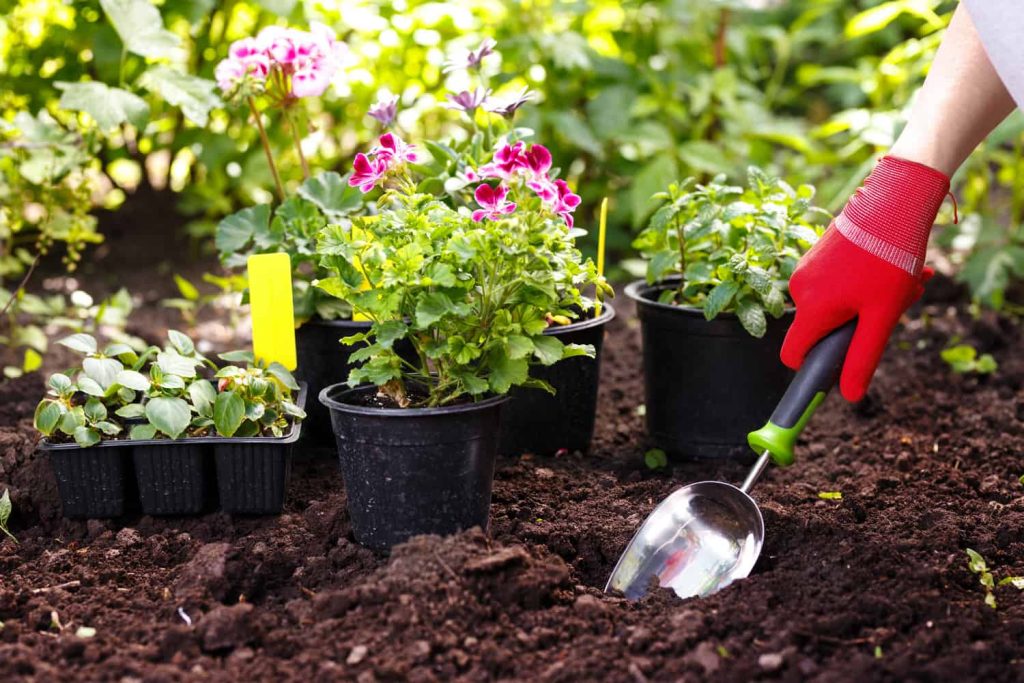
Ergonomic tools are designed to reduce strain on your joints and muscles while gardening. They are specially designed with handles that are comfortable to grip and reduce the amount of bending and reaching required. Some examples of ergonomic gardening tools include:
- Long-handled garden tools: These tools help seniors reach the ground without having to bend over. Look for ergonomically designed tools with comfortable grips, lightweight and easy to maneuver.
- Kneeling pads: These pads provide cushioning for your knees and make it more comfortable to kneel while gardening.
- Garden carts: These carts make it easier to transport tools and plants around your garden without having to carry heavy loads.
Lightweight Tools
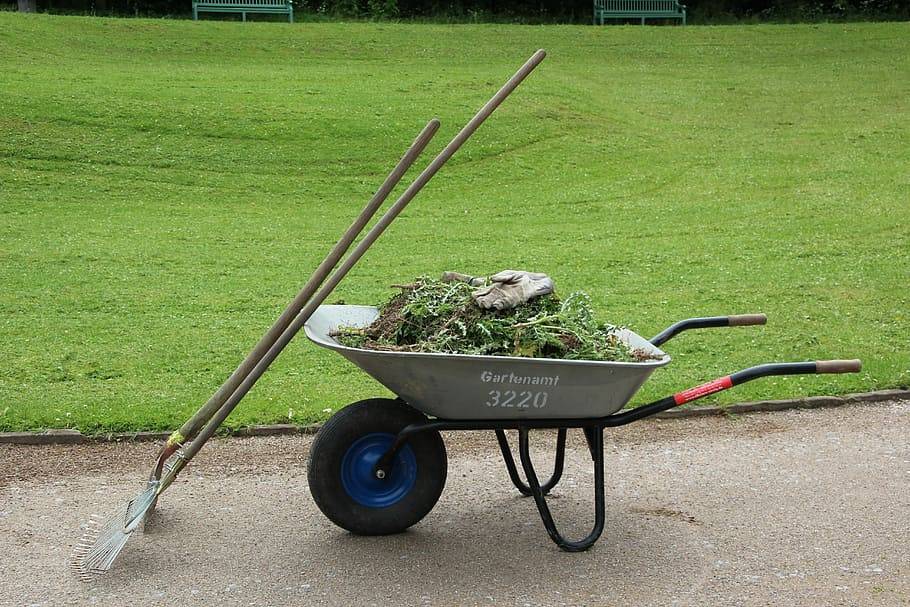
Lightweight tools are important for seniors who may not have as much strength as they used to. Heavy tools can be difficult to maneuver and can cause strain on your joints and muscles. Some examples of lightweight gardening tools include:
- Pruners: Look for pruners that are lightweight and easy to grip. They should be able to cut through branches with minimal effort.
- Trowels: Choose trowels that are lightweight and have a comfortable grip. They should be able to dig through soil easily.
- Watering cans: Look for watering cans that are lightweight and easy to carry. They should have a comfortable grip and be easy to pour.
Assistive Tools
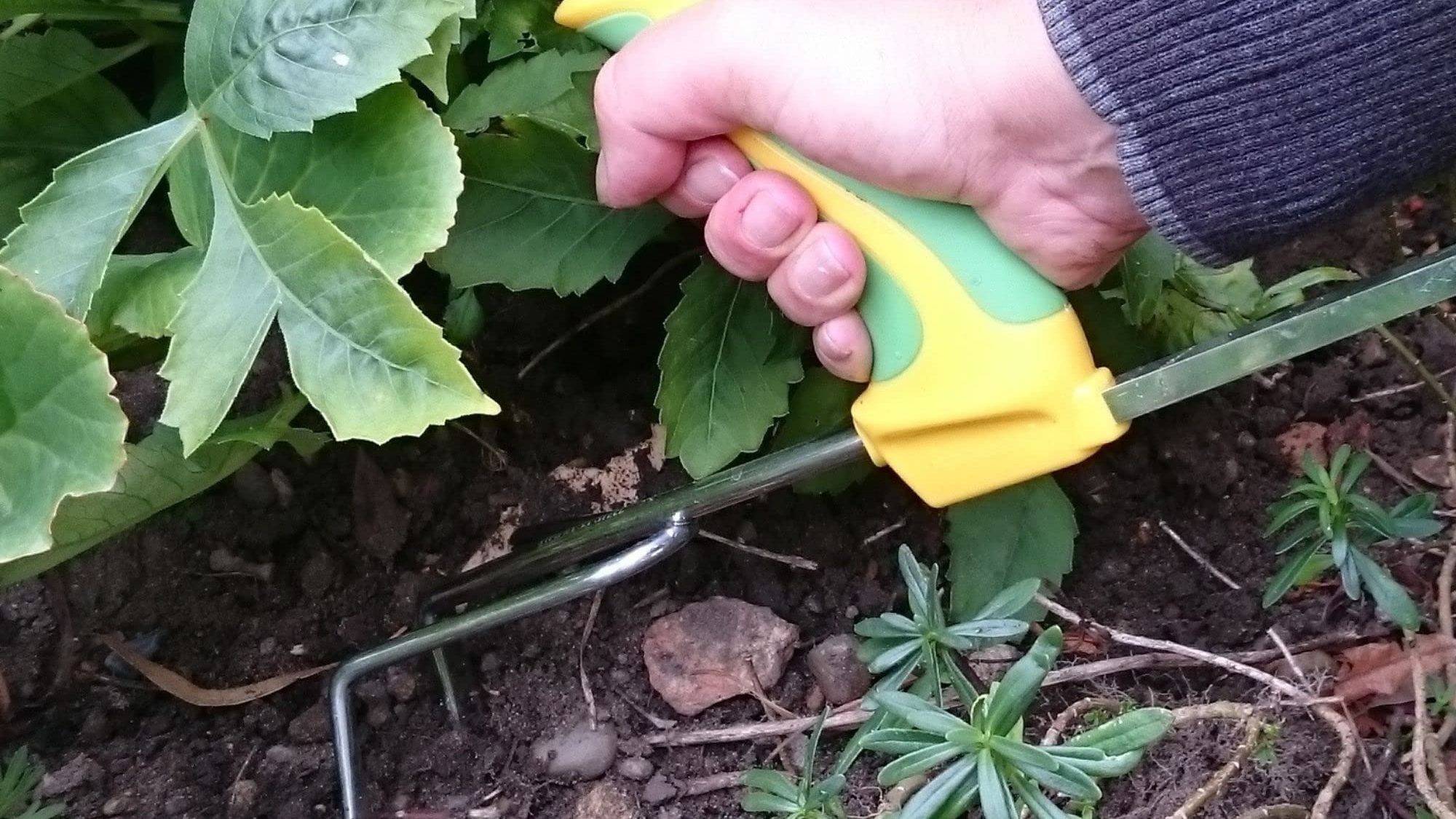
Assistive tools are designed to help seniors with mobility issues or disabilities. They can make gardening more accessible and enjoyable for everyone. Some examples of assistive gardening tools include:
- Raised garden beds: These beds are elevated off the ground and can be accessed without having to bend over. They are ideal for seniors with mobility issues.
- Garden scooters: These scooters have a seat and wheels, making it easier to move around your garden without having to walk.
- Seed syringes: These syringes make it easier to plant seeds without having to bend over. They are ideal for seniors with mobility issues.
By choosing the right gardening tools and equipment, you can make gardening more accessible and enjoyable as a senior citizen. Remember to look for ergonomic tools, lightweight tools, and assistive tools to make gardening easier on your joints and muscles.
Adapting the Garden for Seniors
As a senior citizen, gardening can be a fun and rewarding activity, but it can also be physically challenging. However, with a few adaptations, you can make your garden more accessible and enjoyable. Here are some tips to help you adapt your garden to your changing capabilities.
Raised Garden Beds
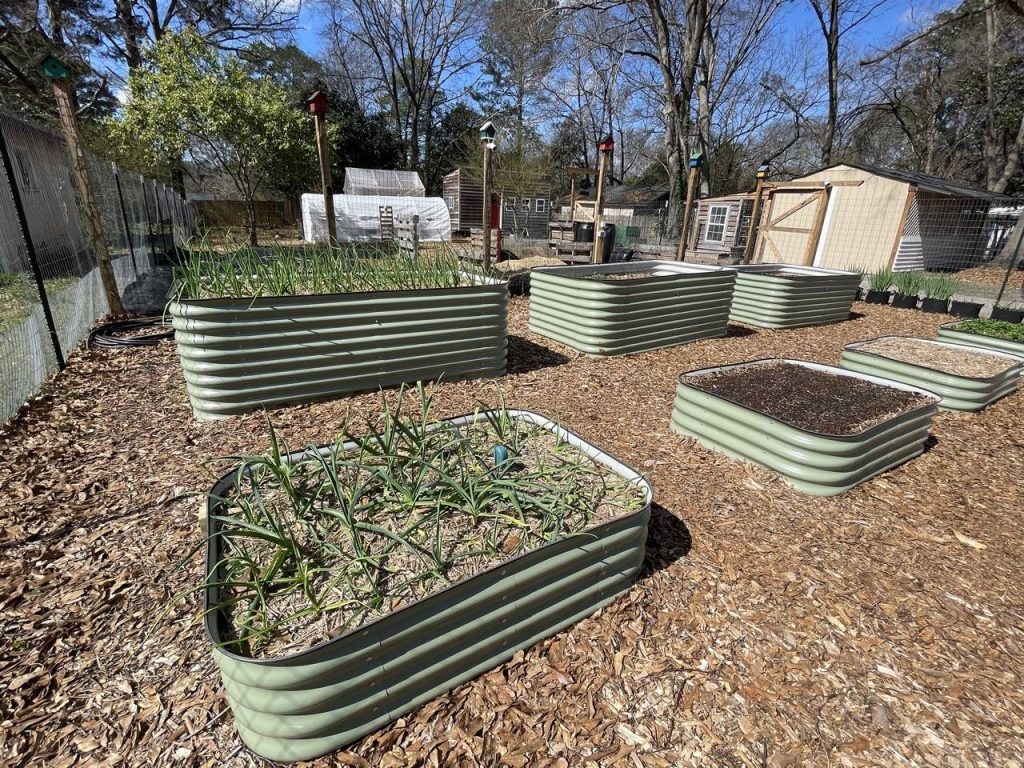
Raised garden beds are a great option for seniors as they reduce the need to bend over, making it easier to plant, weed, and harvest your plants. You can build raised garden beds yourself or purchase pre-made ones from your local garden center. When building raised garden beds, consider the following:
- The height of the bed should be between 24 to 36 inches to reduce the need to bend over.
- The width of the bed should be no more than 4 feet to ensure easy access to all parts of the bed.
- Consider adding a bench or stool next to the bed to provide a place to sit and work.
Vertical Gardening
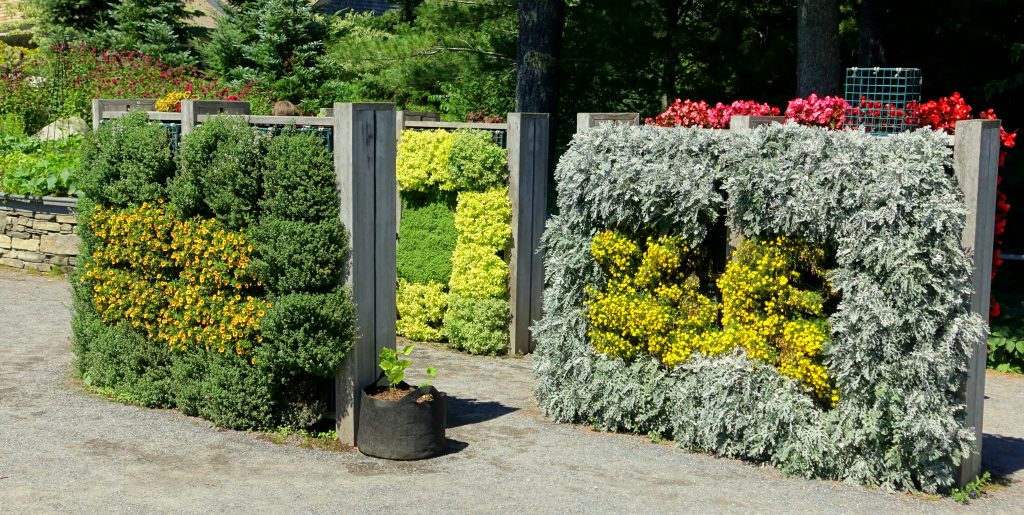
Vertical gardening is another great option for seniors as it minimizes bending and kneeling. You can grow plants vertically by using trellises, stakes, or hanging baskets. Here are some tips for vertical gardening:
- Choose plants that climb or trail, such as tomatoes, cucumbers, and strawberries.
- Use lightweight containers and hanging baskets to reduce the weight of the plants.
- Consider using a drip irrigation system to reduce the need for watering.
Accessible Pathways
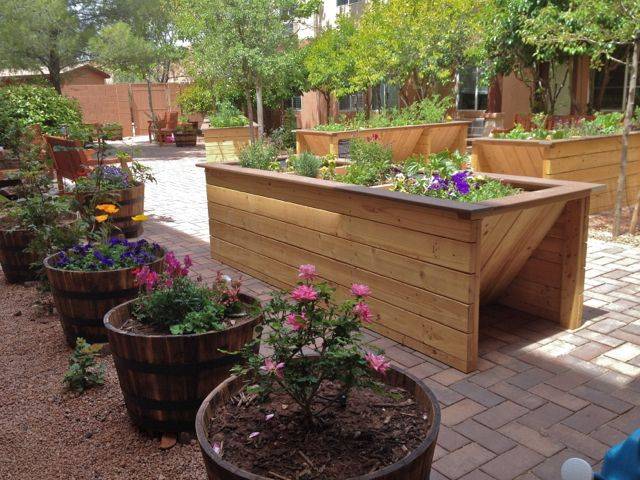
Accessible pathways are important for seniors as they provide a safe and easy way to move around the garden. Here are some tips for creating accessible pathways:
- Use smooth, non-slip surfaces such as concrete, pavers, or gravel.
- Make sure the pathways are wide enough to accommodate mobility aids such as walkers or wheelchairs.
- Install handrails or grab bars for added support.
By making these simple adaptations, you can enjoy gardening for years to come. Remember to take breaks, stay hydrated, and ask for help when needed. Happy gardening!
Choosing the Right Plants for Senior Gardeners
When it comes to gardening as a senior citizen, it’s important to choose the right plants that are easy to maintain and provide a sense of accomplishment. Here are some things to keep in mind when selecting plants for your senior garden.
Low-Maintenance Plants
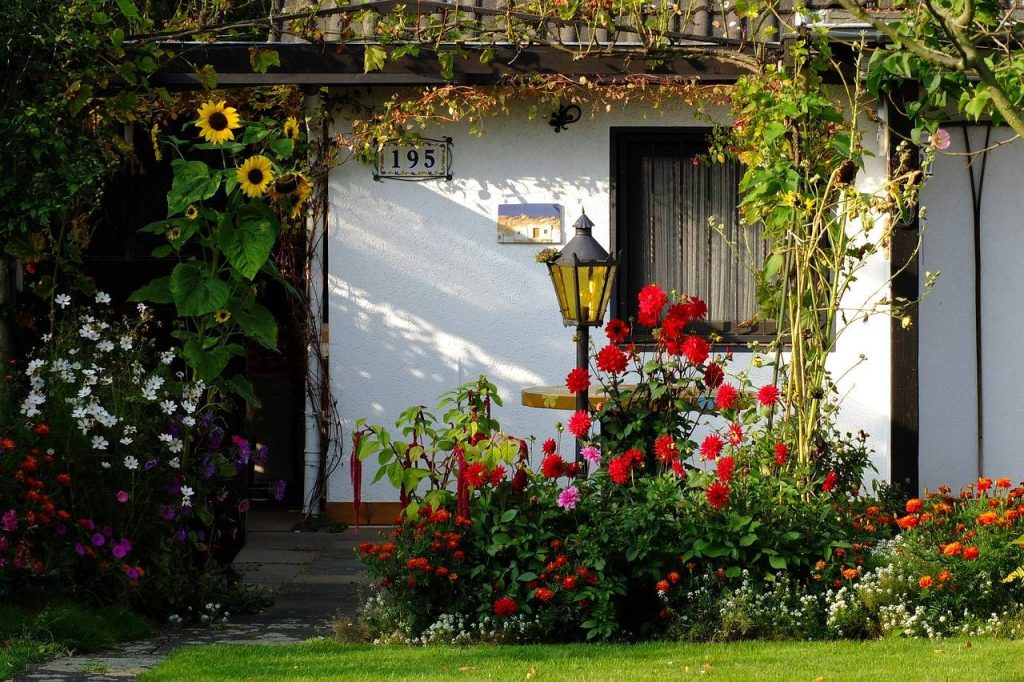
One of the best ways to make gardening easier for seniors is to choose low-maintenance plants. These plants require minimal care and attention, making them ideal for those who may not have the physical ability to spend a lot of time in the garden. Some examples of low-maintenance plants include:
- Succulents: These plants require very little water and can be grown in small containers.
- Lavender: This fragrant plant requires minimal pruning and can be used for sensory stimulation.
- Daylilies: These hardy plants require little care and produce beautiful flowers.
Easy-to-Grow Vegetables and Herbs
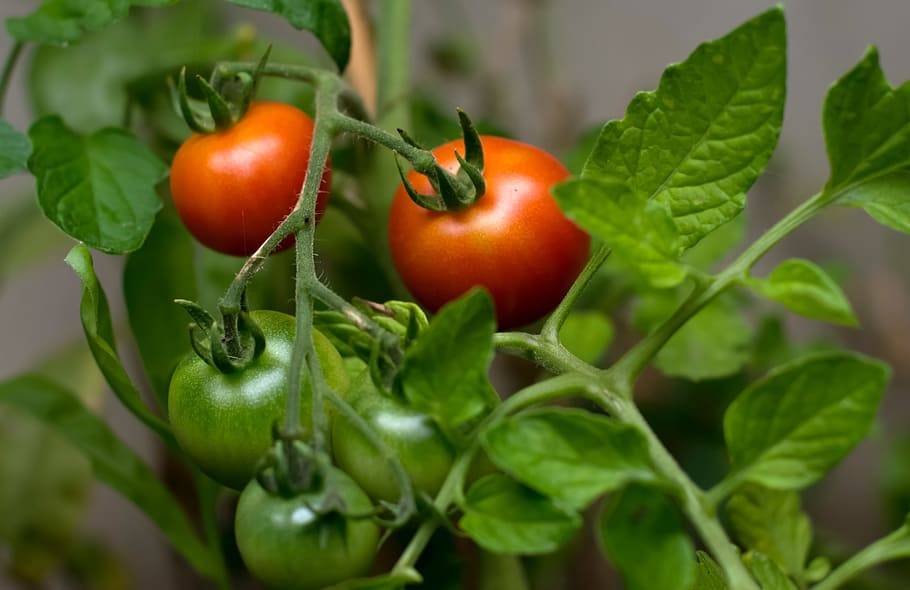
Growing your own vegetables and herbs can be a rewarding experience for seniors. Not only do they provide fresh produce, but they also offer a sense of accomplishment. Here are some easy-to-grow vegetables and herbs for your senior garden:
- Tomatoes: These plants are easy to grow and produce a bountiful harvest.
- Peppers: Whether you prefer sweet or spicy, peppers are a great addition to any garden.
- Basil: This herb is easy to grow and can be used in a variety of dishes.
Fragrant Plants for Sensory Stimulation

Fragrant plants can provide sensory stimulation for seniors, making gardening a more enjoyable experience. Here are some fragrant plants to consider for your senior garden:
- Roses: These classic flowers produce a beautiful scent and can be grown in a variety of colors.
- Mint: This herb produces a refreshing scent and can be used in teas and other beverages.
- Lilacs: These flowers produce a sweet fragrance and can be used for sensory stimulation.
By selecting the right plants for your senior garden, you can make gardening a fun and rewarding experience. Remember to choose low-maintenance plants, easy-to-grow vegetables and herbs, and fragrant plants for sensory stimulation. Happy gardening!
Gardening Safety Tips for Seniors
Gardening is a great hobby for seniors, but it’s important to take safety precautions to avoid injuries. Here are some tips to help you stay safe while enjoying your garden.
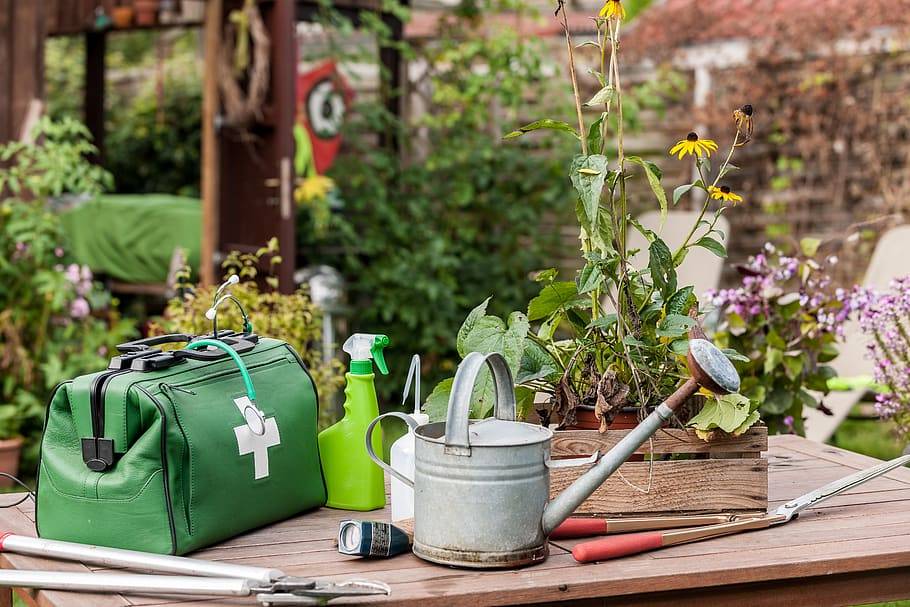
Staying Hydrated
One of the most important things you can do to stay safe while gardening is to stay hydrated. Seniors are more susceptible to dehydration, so it’s important to drink plenty of water before, during, and after gardening. Keep a water bottle nearby and take frequent breaks to replenish your fluids.
Wearing Protective Gear
Wearing protective gear is another important safety tip for seniors. Make sure to wear sturdy closed-toe shoes to protect your feet from sharp objects and debris. A broad-brimmed hat and sunglasses can help protect your face and eyes from the sun’s harmful rays. Gardening gloves can also protect your hands from thorns, prickly plants, and other hazards.
Avoiding Heavy Lifting
As we age, our strength and flexibility can decline, making heavy lifting more difficult and dangerous. To avoid injury, consider using lightweight tools and equipment, such as a rolling garden stool or a bench to help with tasks like weeding. Choose plants that are easy to pick or harvest, and use a lightweight container or basket to collect your harvest to minimize trips back and forth.
In summary, staying hydrated, wearing protective gear, and avoiding heavy lifting are important safety tips for seniors who enjoy gardening. By taking these precautions, you can reduce your risk of injury and continue to enjoy your garden for years to come.
Conclusion
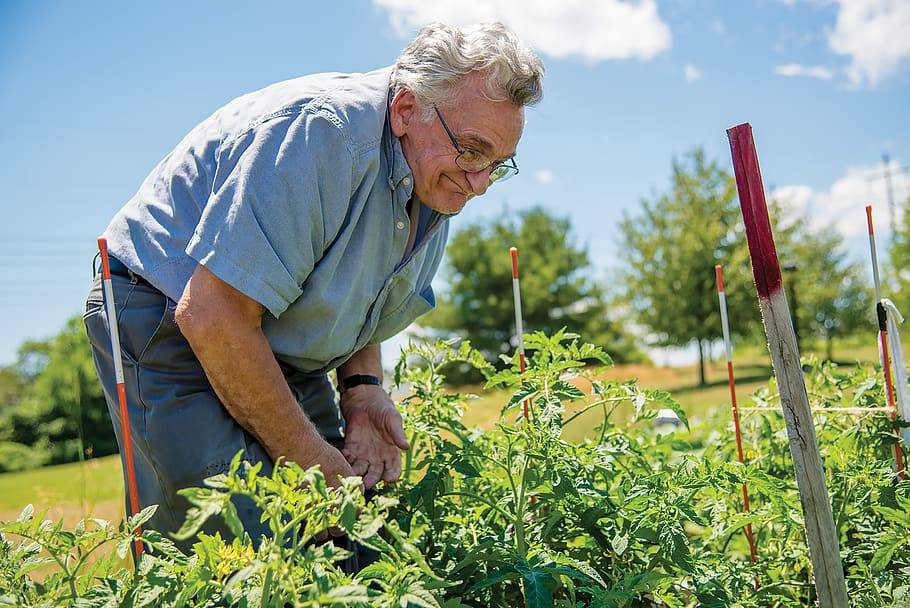
Gardening is a wonderful hobby that can provide numerous benefits for senior citizens. Whether you are looking to improve your physical health, mental well-being, or simply enjoy spending time outdoors, gardening can be a great way to achieve your goals.
By following the tips and tricks outlined in this article, you can make gardening a safe and enjoyable activity for yourself. Remember to take breaks when needed, use tools and equipment that are appropriate for your physical abilities, and choose plants that are easy to care for.
Additionally, consider joining a gardening club or community group to connect with other like-minded individuals and share your love for gardening. This can be a great way to learn new techniques, exchange tips and ideas, and make new friends.
Overall, gardening is a fantastic activity that can provide a wide range of benefits for senior citizens. With a little bit of planning and preparation, you can create a beautiful garden that brings joy and satisfaction to your life. So, get outside, get your hands dirty, and enjoy the many benefits that gardening has to offer!
